1. Bob Dylan – The Voice of a Generation
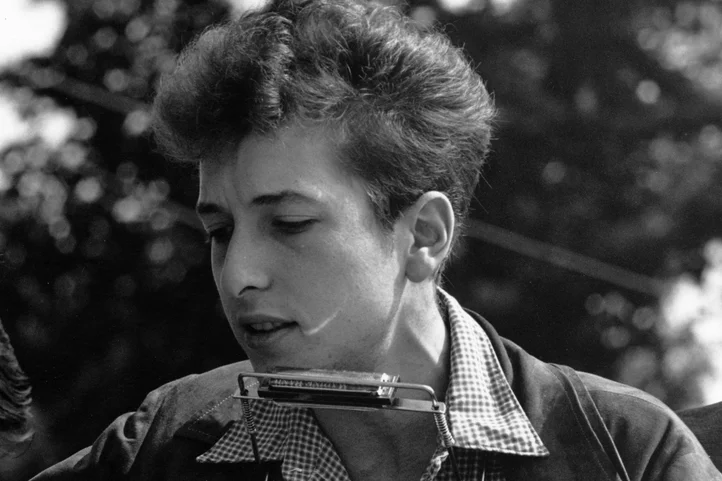
Bob Dylan wasn’t just a folk singer—he was a revolutionary, and his impact on music still echoes today. In the ‘60s, he completely redefined what it meant to be an artist, merging poetry and social commentary into his songs. Songs like “Blowin’ in the Wind” and “The Times They Are A-Changin’” captured the essence of the civil rights movement and the societal shifts happening at the time. Dylan was unafraid to tackle taboo subjects, and his lyrics were rich with metaphors, making them ahead of their time for both their complexity and their boldness.
What really set Dylan apart was his ability to evolve, never sticking to one genre or style. In 1965, his shift from acoustic folk to electric rock with Highway 61 Revisited shocked his fans, but it cemented his place as an innovator. Tracks like “Like a Rolling Stone” were groundbreaking, showcasing a raw, rebellious energy that had never been heard before in mainstream music. Even today, Dylan is seen as a blueprint for artists looking to challenge the status quo.
2. The Velvet Underground – The Ultimate Anti-Heroes
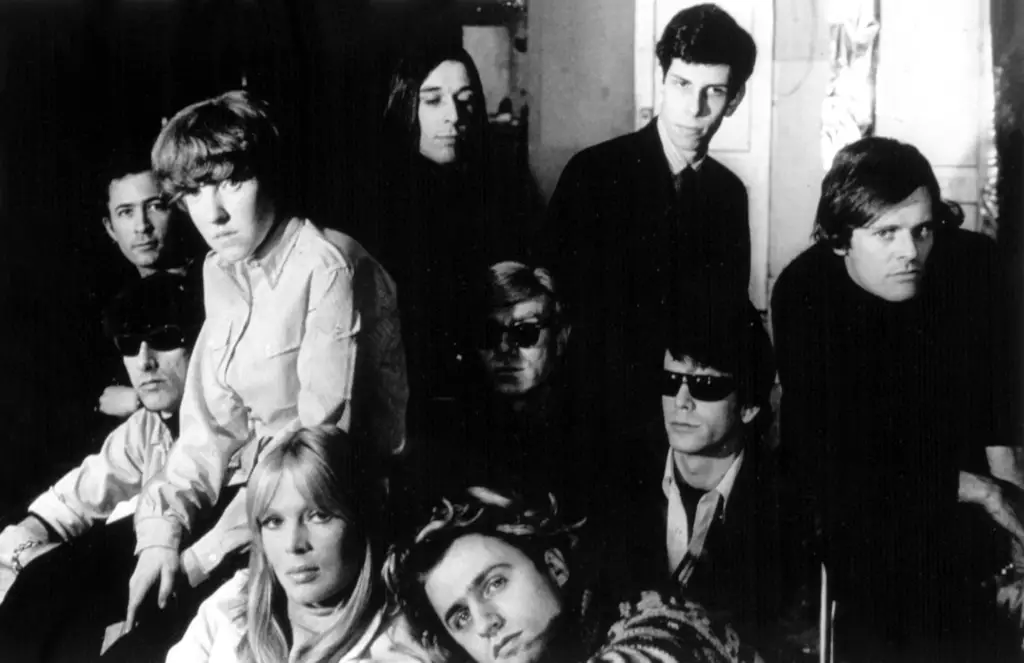
The Velvet Underground may not have been commercially successful during their time, but they were unquestionably ahead of their era. Led by Lou Reed, the band’s blend of avant-garde art rock, gritty lyrics, and experimental sound changed the course of rock music. Their 1967 album The Velvet Underground & Nico was a masterpiece of raw, edgy sound that explored themes of addiction, sexuality, and alienation—topics rarely touched by other musicians at the time.
Despite their lack of mainstream recognition, The Velvet Underground’s influence grew over time, particularly in the punk and alternative rock scenes. Tracks like “Heroin” and “I’m Waiting for the Man” weren’t just songs—they were mini-cinematic experiences that painted the darker side of life in New York City. In the decades that followed, The Velvet Underground became a major influence on countless bands, from David Bowie to R.E.M. Their pioneering sound was truly ahead of the curve.
3. Jimi Hendrix – The Guitar God Who Redefined Rock
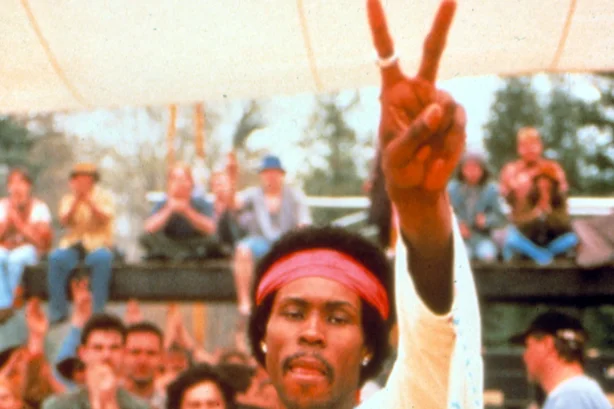
Jimi Hendrix’s innovative approach to the guitar elevated him to legendary status. In the late ‘60s, he rewrote the rulebook on guitar playing, incorporating feedback, distortion, and other experimental techniques that were unheard of before. His performance at Woodstock in 1969, particularly his rendition of “The Star-Spangled Banner,” became an iconic moment in music history, blending psychedelic rock with political protest.
Hendrix’s mastery of his instrument was not just technical but deeply expressive. His unique sound, filled with powerful, evocative improvisation, allowed him to transcend the typical boundaries of rock music. Tracks like “Purple Haze” and “Voodoo Child (Slight Return)” showcased his otherworldly guitar playing, leaving a legacy that still influences guitarists to this day. Hendrix was the ultimate symbol of musical freedom and creativity, ahead of his time in every sense.
4. Aretha Franklin – The Queen Who Shaped Soul Music
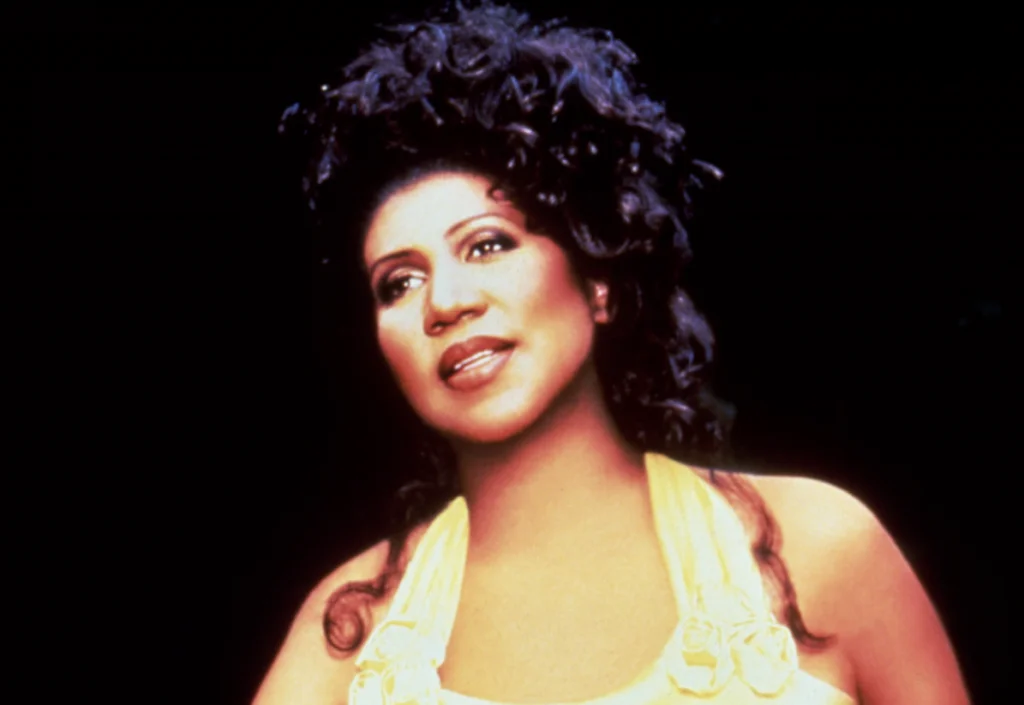
Aretha Franklin’s powerful voice and emotional depth made her the defining figure in soul music in the ‘60s. Her 1967 album I Never Loved a Man the Way I Love You included hits like “Respect,” which not only became an anthem for the feminist movement but also for the civil rights movement. Franklin’s ability to blend gospel, jazz, and R&B was groundbreaking, pushing the boundaries of soul music and influencing generations of singers to come.
What set Aretha apart was her innate ability to convey a deep sense of emotion in every note. Her singing wasn’t just technically proficient—it was a direct connection to her soul, and listeners could feel it. Songs like “Think” and “Chain of Fools” showed off her unmatched vocal range and precision, while her fearless, empowering lyrics made her a voice for change. Aretha was not just a music legend; she was a force of nature who set the bar for all artists who followed.
5. The Beach Boys – Surfin’ and Psychedelia Before Its Time
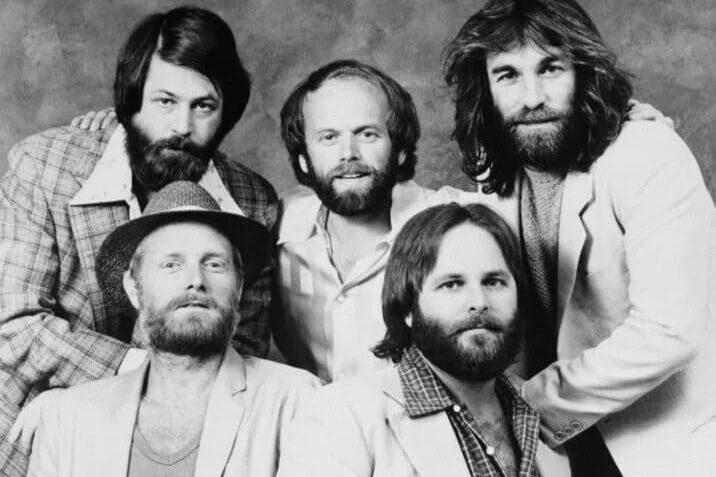
The Beach Boys were often thought of as the ultimate ’60s California band, crafting feel-good tunes about surfboards and sunny days. However, their 1966 album Pet Sounds was a stunning shift in direction and a pioneering work in music history. With lush, experimental soundscapes and introspective lyrics, it was unlike anything else at the time and became one of the most influential albums of all time. “Good Vibrations” alone was a masterpiece, showcasing Brian Wilson’s genius in blending pop melodies with complex musical arrangements.
While their earlier hits like “Surfin’ USA” might have reflected the laid-back California vibe, The Beach Boys were quick to evolve into a more sophisticated, avant-garde sound. They were one of the first bands to fully embrace the possibilities of the studio, experimenting with new recording techniques and pushing the boundaries of what pop music could be. By the end of the decade, they had laid the groundwork for the progressive rock movement and beyond.
6. Otis Redding – The Soul Pioneer Who Merged Emotion with Power
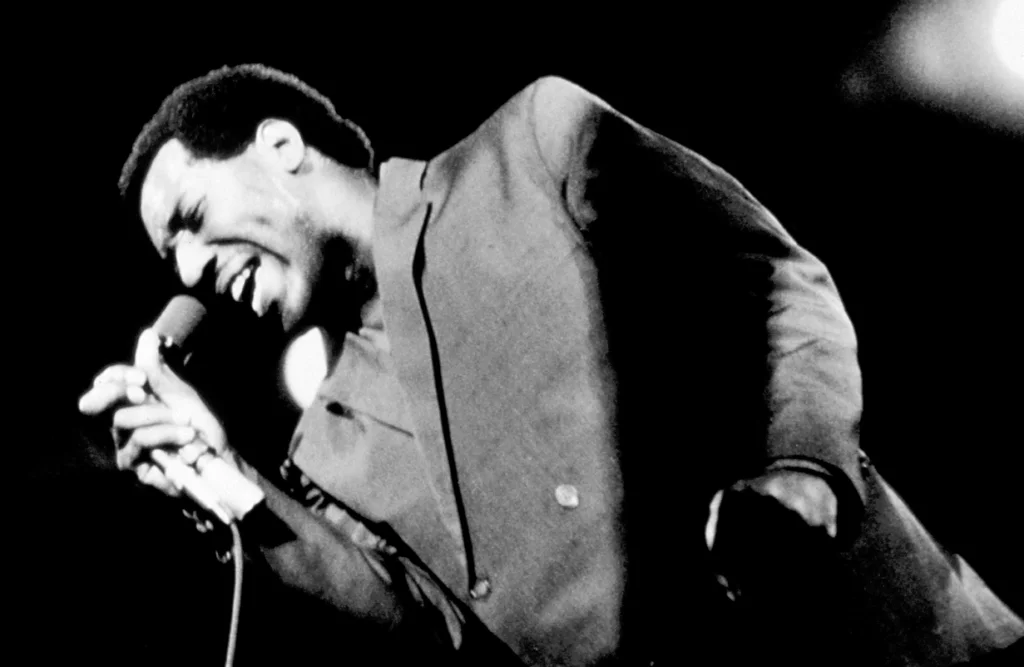
Otis Redding was one of the most soulful and influential voices of the ‘60s. His 1967 hit “(Sittin’ On) The Dock of the Bay” was a haunting, introspective anthem that captured a feeling of longing and solitude. Redding’s ability to infuse his music with deep emotion and raw power set him apart from other soul artists of the time. He could bring the gospel tradition into soul music while also experimenting with jazz and R&B, creating a sound that was unique to him.
What made Otis Redding stand out even more was his ability to break boundaries with his live performances. His on-stage energy was unmatched, and he could move an audience with nothing but his voice and presence. His untimely death in a plane crash in 1967 left the world mourning a talent that was on the brink of even greater achievements. Redding’s legacy endures, with his influence reaching artists in every genre, proving just how ahead of his time he truly was.


